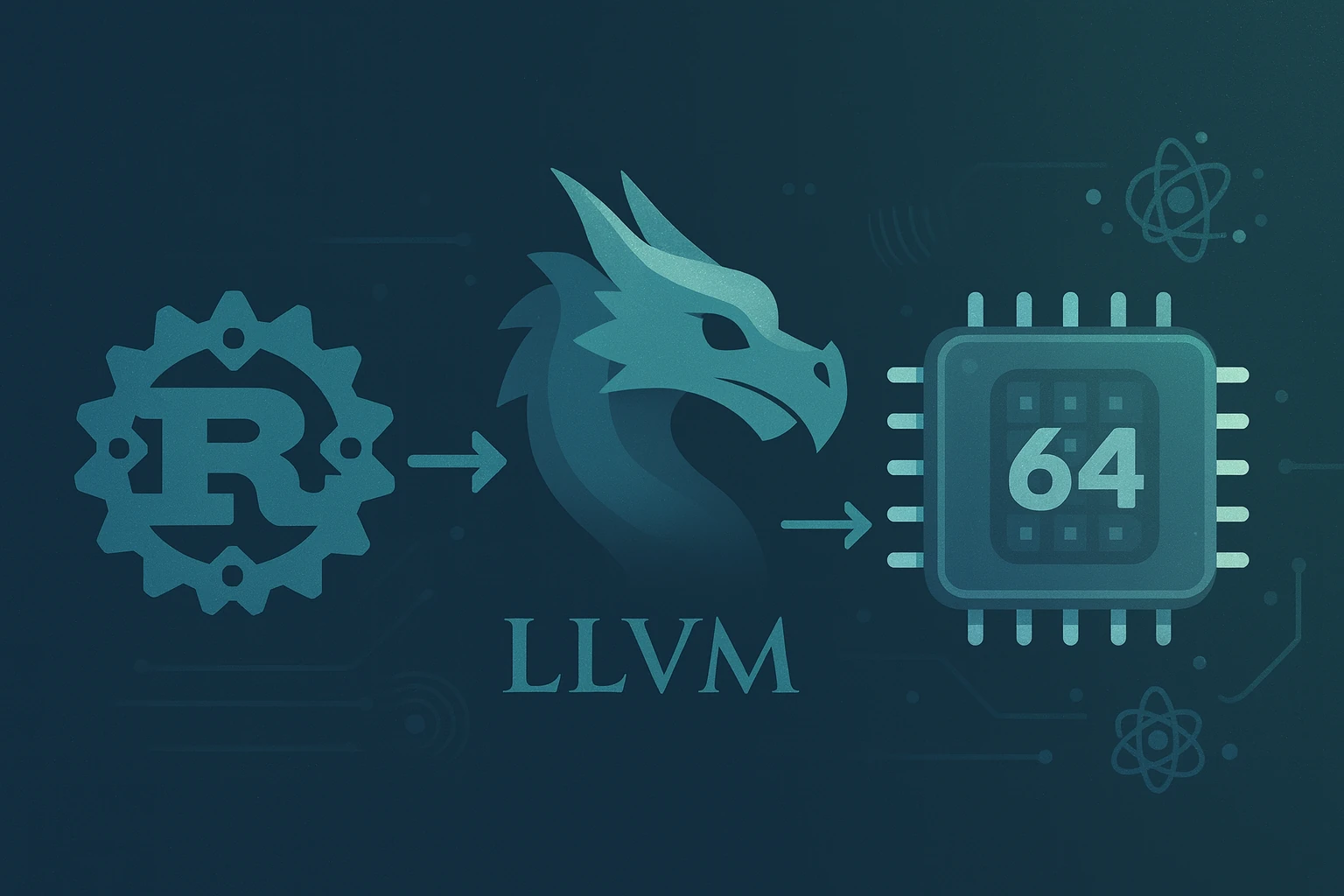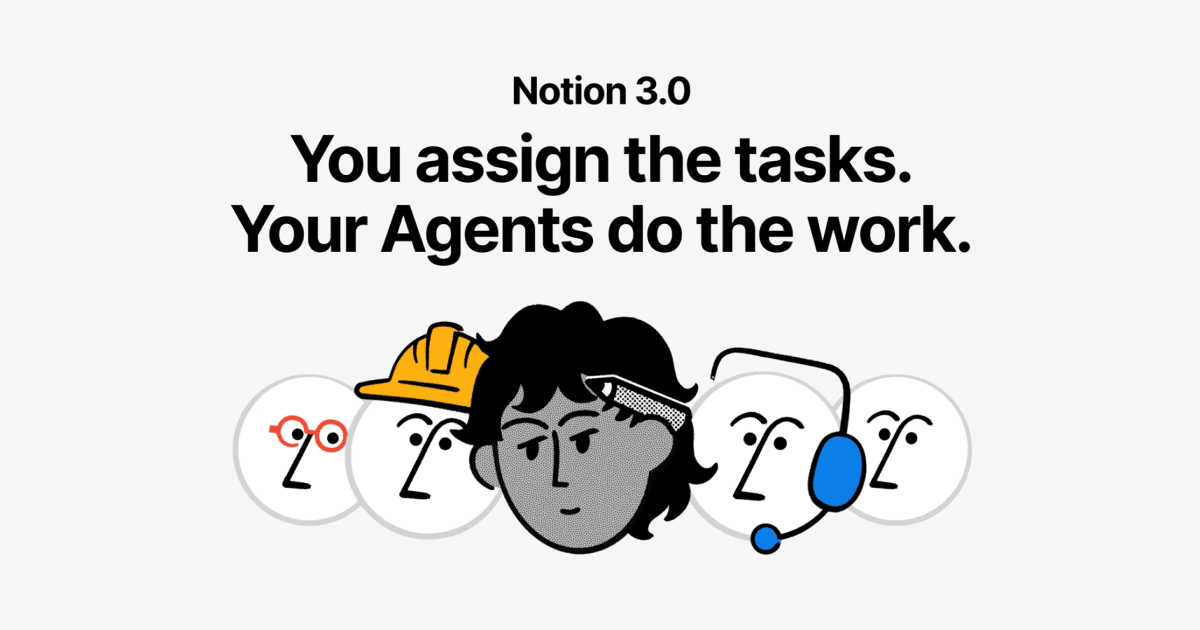Efficient Indexing in Deep Learning Frameworks: A Comparison of Torch, TensorFlow, and Einops
This article compares different approaches to efficient array indexing in PyTorch, TensorFlow, and Einops. By contrasting `torch.gather`, `torch.take_along_dim`, `torch.index_select`, `torch.take`, `tf.gather`, `tf.gather_nd`, and Einops's `einx.get_at`, it showcases their flexibility and efficiency differences in handling different dimensions and batched indexing, providing developers with a reference for choosing the optimal solution.













